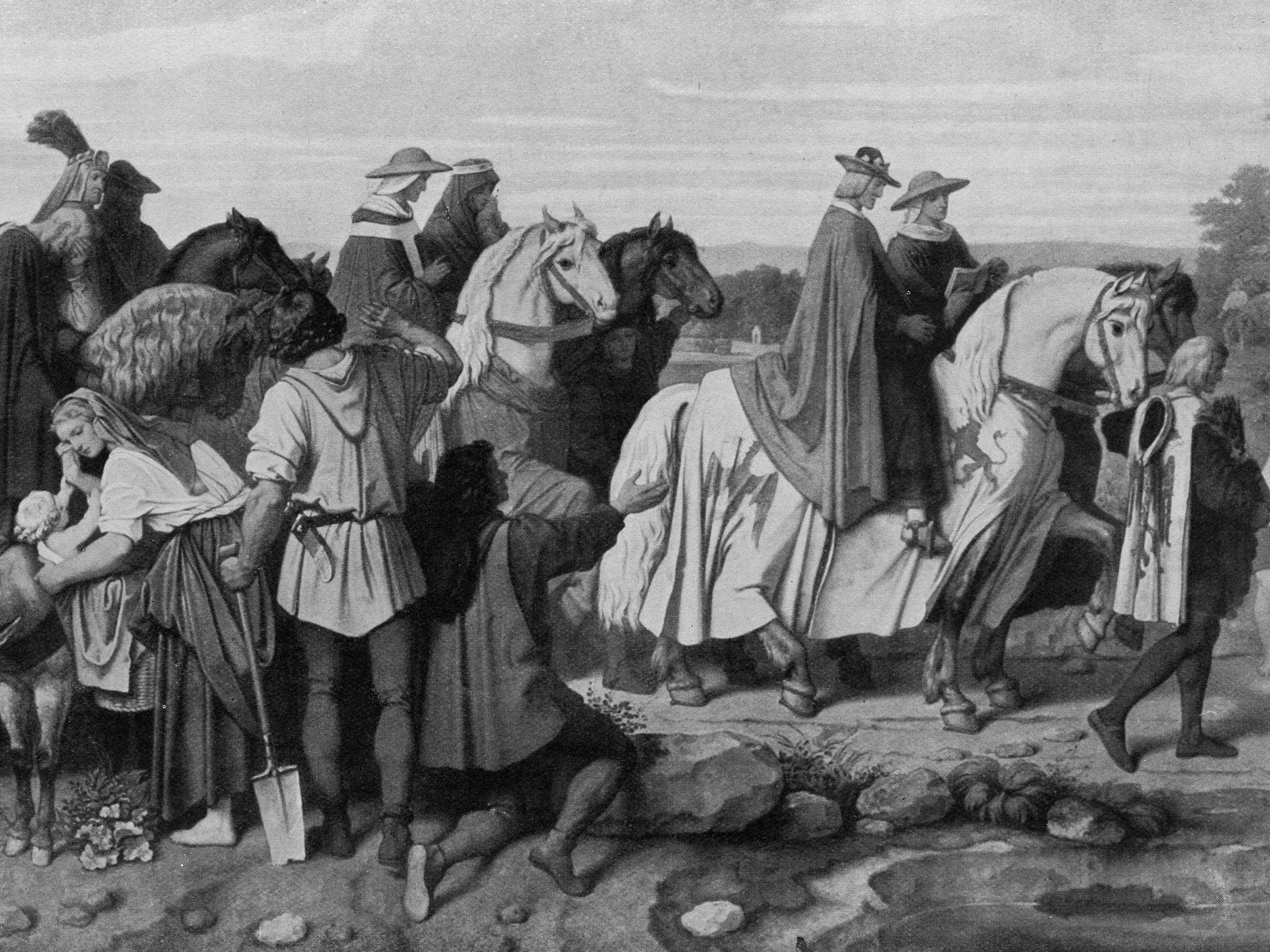People living in ex-Habsburg Empire territories 'have higher trust in justice systems'
Research suggests dynasty’s talent for instilling obedience in its subjects is still ingrained several generations on

The Habsburgs once dominated vast swaths of Europe and brought law and order to the territories they ruled with ruthless efficiency. And it seems that the legacy of the famously large-jawed family is still being felt in parts of Europe today.
People who live within the borders of the old empire have significantly higher trust in their country’s justice system than those who live just outside, according to new research which suggests that the dynasty’s talent for instilling obedience in its subjects is still ingrained several generations down the line.
Describing the phenomenon as the “Habsburg effect”, the researchers argue that the dynasty presided over centuries of relatively “well functioning, respected bureaucracy”, creating an unshakeable trust in government institutions. “This cultural norm survived even the oppressive rules of the socialist system and is still alive today,” they write.
More than half of Europe was ruled by the House of Habsburg in the 16th century, with Charles V presiding over the Holy Roman Empire, a realm of almost four million square kilometres. The dynasty’s expansion was largely accomplished by matrimonial alliances rather than conquests – although high levels of interbreeding meant that many of its rulers were plagued by physical deformities such as the “Habsburg jaw”.
The study, published in the Royal Economic Society’s Economic Journal, analysed data from 2006’s Life in Transition Survey, conducted by the European Bank for Reconstruction and Development.
It measured trust and corruption in 29 Eastern and Central European countries. Focusing on Poland, Ukraine, Romania, Serbia and Montenegro, the researchers compared the views of people and businesses living in communities on both sides of the empire’s borders.
Although the communities were located within 200km of each other, people living inside the former empire’s boundaries were found to have higher trust in the courts and the police than those outside. They were also less likely to pay bribes to public officials, suggesting that the “Habsburg effect” also has an influence on corruption levels.
“Even if empires perish, they can leave a lasting legacy in cultural norms several generations after their formal institutions have ceased to exist,” the researchers write.
“Our results show that nearly a century after its demise, the Habsburg Empire persists in attitudes towards and interactions with state institutions of the people living within its former borders.”
Join our commenting forum
Join thought-provoking conversations, follow other Independent readers and see their replies
Comments
Bookmark popover
Removed from bookmarks